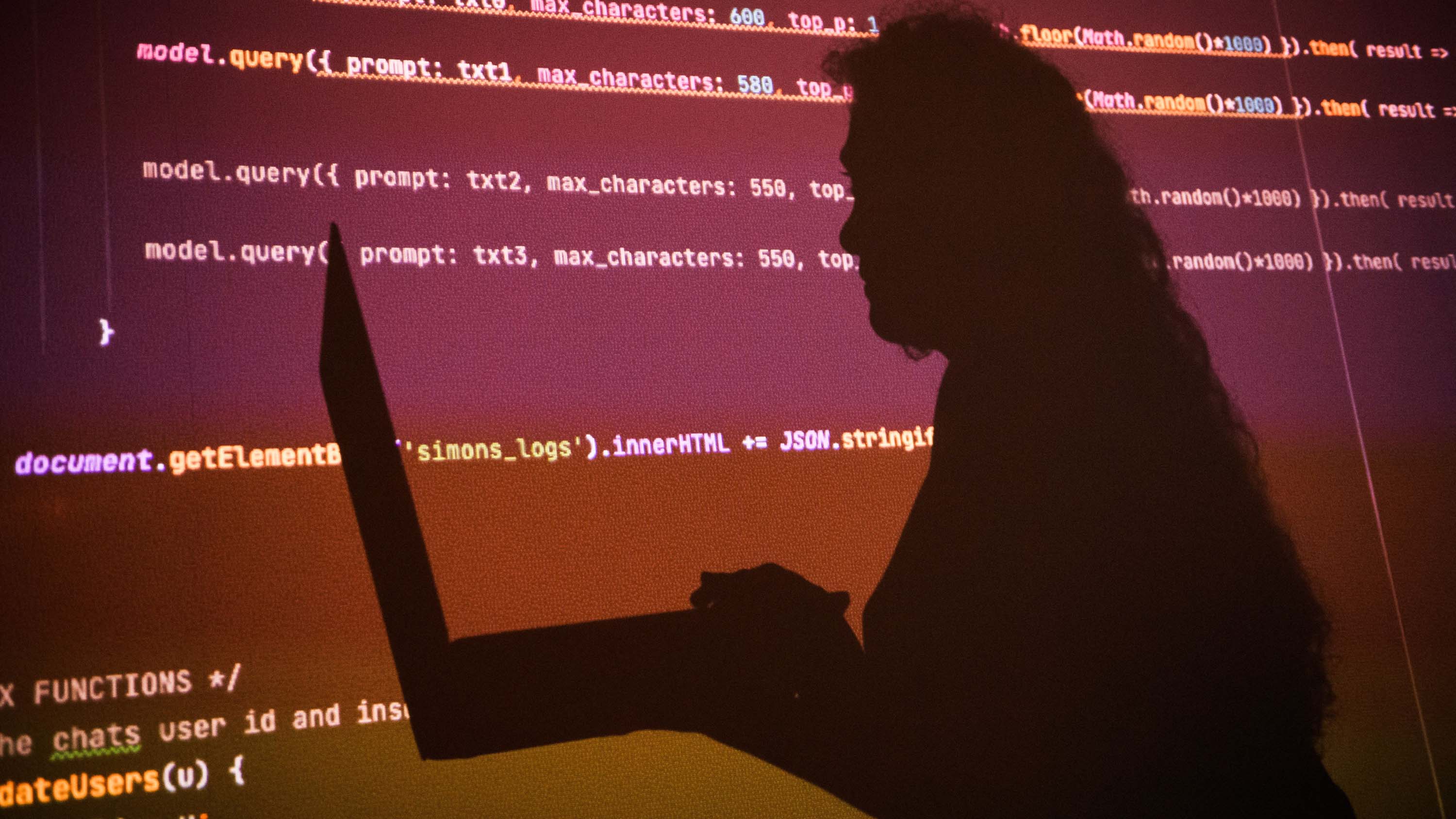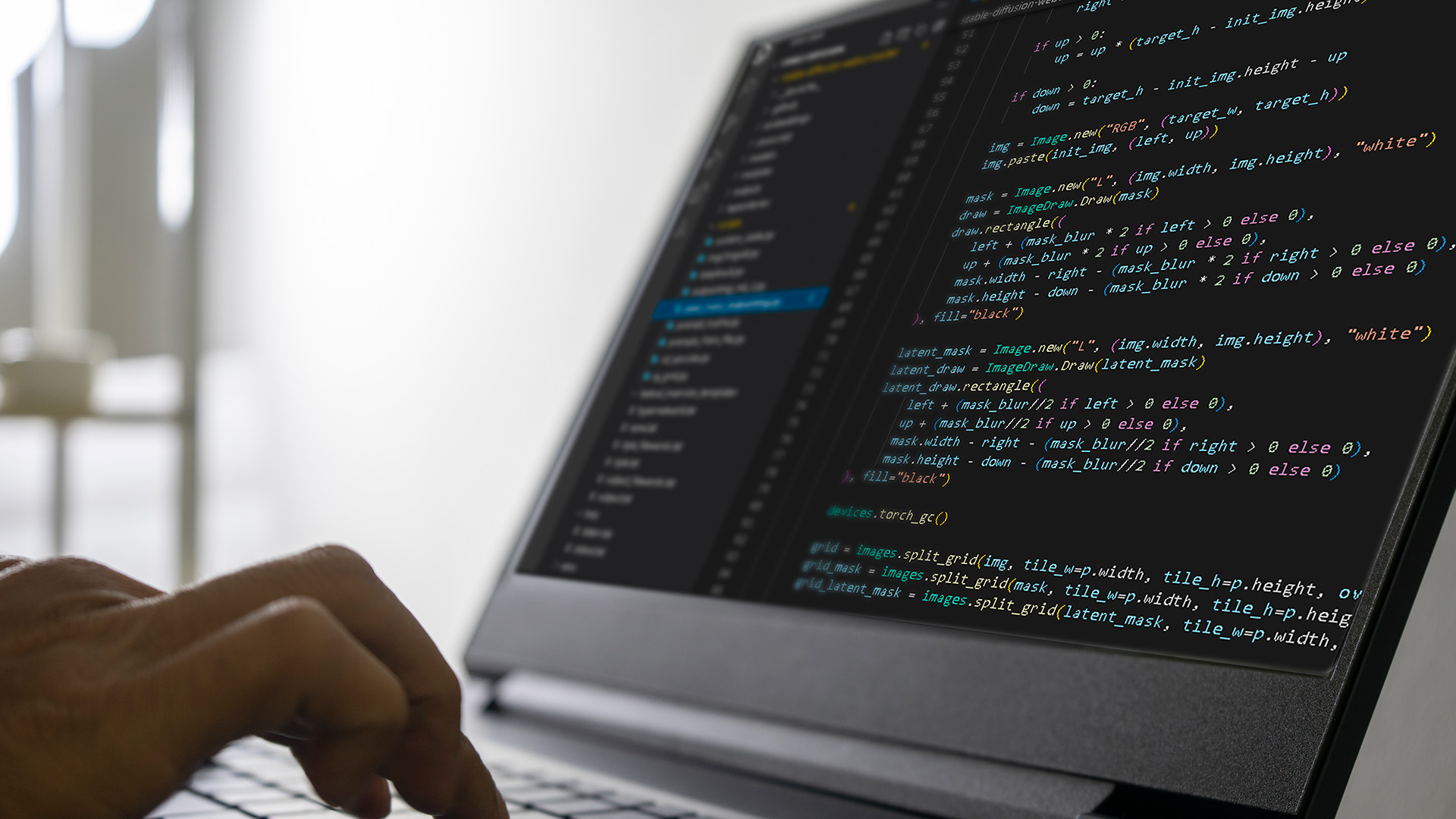Generative AI won't render coding dead in the water, but 80% of software engineers must upskill by 2027 to keep up with the revolution: "Building AI-empowered software will demand a new breed of a software professional, the AI engineer"
AI won't take over your coding job, but upskilling seems inevitable in the long run.

What you need to know
- A new study suggests 80% of software developers will need to upskill to keep up with AI advances in their field.
- Gartner claims AI won't steal jobs from software engineers as "Human expertise and creativity will always be essential to delivering complex, innovative software."
- Next-gen AI tools like OpenAI's GPT-4o and OpenAI-o1 benchmarks show that the technology is advancing rapidly and redefining the whole concept, as they can write and detect errors in code in seconds.
What does the future of coding look like as a plausible career option for the next generation with the prevalence of generative AI? "If you go forward 24 months from now, or some amount of time — I can't exactly predict where it is — it's possible that most developers are not coding," indicated Amazon Web Services CEO Matt Garman.
Interestingly, NVIDIA CEO Jensen Huang shares the same sentiments, indicating coding might be dead in the water with the prevalence of AI. Instead, he recommends seeking alternative career paths in biology, education, manufacturing, or farming.
As you might already know, AI models are progressively getting better at handling sophisticated tasks like generating complex structural designs and writing and detecting errors in code. OpenAI's GPT-4o and OpenAI-o1 ship with top-of-the-line coding capabilities. According to benchmarks shared by the ChatGPT maker, the latter passed OpenAI's research engineer hiring interview for coding at a 90-100% rate.
Is AI a fad, or is the world on the verge of the biggest technological breakthrough with its widespread adoption? While these aspects remain debatable, a new study by Gartner shares more insight into the future of software engineering with the prevalence of AI (via ITPro).
According to the study, 80% of software engineers will reportedly need to upskill by 2027 as a blatant attempt to keep up with the rapid advances in the AI landscape. The study further breaks down the necessity for professionals into three categories: short, medium, and long-term.
Looking at the scenario from a short-term perspective, AI tools will help boost software developer productivity by automating mundane and repetitive tasks. The process has already begun, and senior developers will reportedly be the first beneficiaries.
The next phase will predictably feature AI agents that fully automate specific software engineering tasks. The revolution will take place at this point, inevitably leading to the emergence of AI-native software engineering. This shift means most of the written code will be AI-generated.
All the latest news, reviews, and guides for Windows and Xbox diehards.
Finally, in the long run, more organizations will embrace AI coding, prompting a need for high-skilled developers to meet the demand for AI software. Natural language prompt engineering and retrieval augmented generation (RAG) will be among the highly sought-after skills when hiring software developers in the AI era.
According to Gartner's Senior Principal Analyst Philip Walsh:
"In the AI-native era, software engineers will adopt an 'AI-first' mindset, where they primarily focus on steering AI agents toward the most relevant context and constraints for a given task."
The institution recommends investing in AI developer platforms to future-proof organizations, ultimately allowing them to build AI capabilities. Walsh indicated that this call for upskilling in data engineering.
AI won't render software developers jobless, but there's a dire need for upskilling
Contrary to popular belief, AI won't take over coding, leaving software developers jobless. However, the technology will reshape coding by automating specific tasks, and as it becomes more powerful, developers will need to upskill their skills to keep up with it.
According to Walsh
"Human expertise and creativity will always be essential to delivering complex, innovative software."
Interestingly, the study's deductions directly align with Microsoft's latest Work Trend Index report, which indicated that contrary to popular belief, AI creates job opportunities. However, executives won't hire anyone without an AI aptitude, prompting "a 142x increase in LinkedIn members adding AI skills like Copilot and ChatGPT to their profiles."
🎃The best early Black Friday deals🦃
- 💾Seagate Xbox Expansion Card (1TB) | $129.99 at Best Buy (Save $70!)
- 📺Amazon Fire TV Stick | $24.99 at Amazon (Save $25!)
- 🎮ASUS ROG Ally (Z1 Extreme) | $499.99 at Best Buy (Save $150!)
- 💻Lenovo IdeaPad 1 (Ryzen 5) | $329.99 at Best Buy (Save $250!)
- 💽AMD Ryzen 7 5800X CPU (8-core) | $164 at Amazon (Save $285!)
- 📺LG C4 OLED 4K TV (42-inches) | $899.99 at Best Buy (Save $500!)
- 💻Samsung Galaxy Book4 Edge (X Elite) | $799.99 at Best Buy (Save $550!)
- 💻Dell XPS 13 (X Elite) | $999.99 at Best Buy (Save $500!)
- 🎧Sony ANC Wireless Headphones | $228 at Walmart (Save $122!)
- 💻HP Envy 2-in-1 14 (Ryzen 7) | $649.99 at Best Buy (Save $400!)
More Prime Day deals and anti-Prime Day deals
We at Windows Central are scouring the internet for the best Prime Day deals and anti-Prime Day deals, but there are plenty more discounts going on now. Here's where to find more savings:
- Xbox controller deals: Walmart | Target | Best Buy | Amazon | Newegg
- Xbox SSD storage deals: Walmart | Target | Best Buy | Amazon | Newegg
- Gaming headset deals: Walmart | Dell | Target | Best Buy | Amazon
- MicroSD storage deals: Walmart | Target | Best Buy | Amazon | Newegg
- Gaming handheld deals: Walmart | Target | Best Buy | Amazon | Newegg
- Laptop deals: Walmart | Target | Best Buy | Amazon | Newegg
- Copilot+ AI laptop deals: Walmart | Target | Best Buy | Amazon | Newegg
- Monitor deals: Walmart | Target | Best Buy | Amazon | Newegg
- Mini PC deals: Walmart | Target | Best Buy | Amazon | Newegg
- Gaming keyboard deals: Walmart | Best Buy | Amazon | Dell | Newegg
- Gaming mice deals: Walmart | Best Buy | Amazon | Dell | Newegg

Kevin Okemwa is a seasoned tech journalist based in Nairobi, Kenya with lots of experience covering the latest trends and developments in the industry at Windows Central. With a passion for innovation and a keen eye for detail, he has written for leading publications such as OnMSFT, MakeUseOf, and Windows Report, providing insightful analysis and breaking news on everything revolving around the Microsoft ecosystem. While AFK and not busy following the ever-emerging trends in tech, you can find him exploring the world or listening to music.

